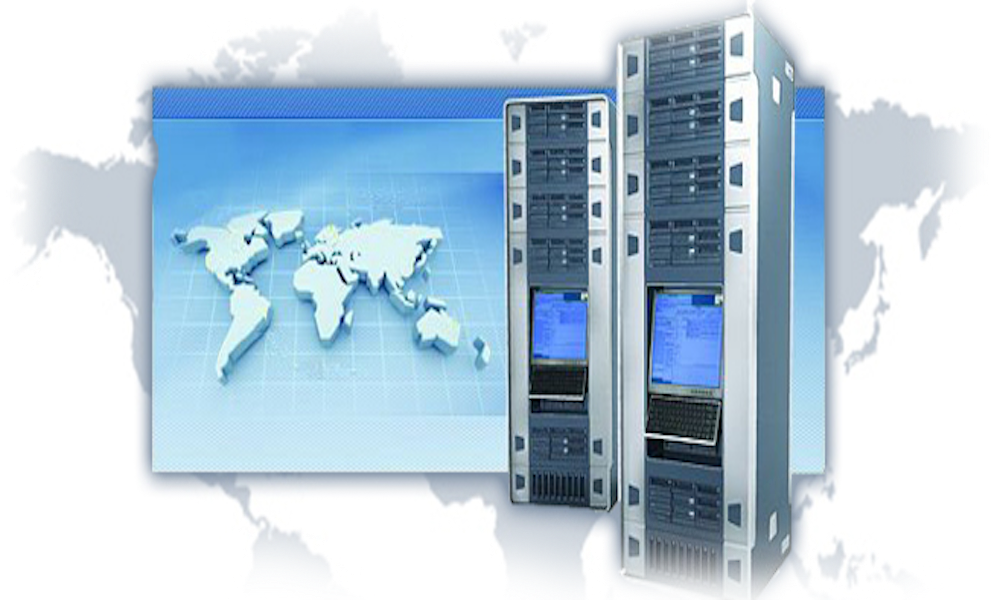Disclosure: This post contains affiliate links. I may receive compensation when you click on links to products in this post. For an explanation of my Advertising Policy, visit this page. Thanks for reading!
What Is An Internal Server Vs An External Server?
An internal server is a computer system that is used within an organization.
This system is used to store and manage data, applications, and other resources for the organization.
An external server, on the other hand, is a term used to describe a server that is used by a company or organization but is not located within its network.
It also refers to a computer system that is used by an organization to provide services to people outside of the organization.
This type of server is often used to store and manage customer data. Their services can also include online storage, website hosting, and email hosting.
External servers are usually owned and operated by a third-party provider.
Organizations will often use both internal and external servers.
The decision of which type of server to use depends on the needs of the organization.
What Are The Main Differences Between Internal And External Servers?
There are many differences between internal and external servers, but the main one is that internal servers are used for company or organizational needs, while external servers are used to provide website content to the general public.
Internal servers usually have more secure access and faster speeds than external servers, which is why they’re used for things like email, file sharing, and database storage.
External servers, on the other hand, are designed to be accessed by anyone who has an internet connection.
When Should An Individual or Company Use An Internal Server Vs An External Server?
There are a few things to consider when deciding between using an internal server or an external server.
The first is security. If you have confidential data that needs to be protected, you’ll need to use an internal server.
Another factor to consider is bandwidth. If your website gets a lot of traffic, you’ll need an external server that can handle the load.
You should also consider the cost of using an internal server. If you have the budget for it, using an internal server can be a great option.
However, if you’re on a tight budget, using an external server can be a more cost-effective solution.
Internal Server vs External Server: Benefits & Drawbacks.
If you’re a website owner, you’ve probably heard the terms “internal server” and “external server” thrown around.
We’ve already explained what they do and the differences between the two above, but which one is right for your website?
In this section of the post, we’ll answer the main benefits and drawbacks of each.
By the end, you should have a better idea of which type of server is right for you.
What are the benefits of an internal server?
There are several benefits to using an internal server. First, since your data is stored on-site, you have complete control over it.
This can be important if you have sensitive data that needs to be kept secure.
Second, internal servers tend to be faster and more reliable than external servers.
This is because there are fewer variables that can affect performance, such as internet traffic or power outages.
What are the drawbacks of an internal server?
Internal servers can be costly to set up and maintain. You’ll need to invest in hardware, software, and someone to manage the server.
Additionally, if something goes wrong with your internal server, it can be difficult and time-consuming to fix.
What are the benefits of an external server?
There are several benefits to using an external server. First, it’s usually less expensive than setting up and maintaining your own internal server.
Second, you don’t have to worry about managing or troubleshooting the server, because that’s typically handled by the data center.
Finally, external servers can be more secure than internal servers, because data centers have security measures in place to protect against things like hacking and natural disasters.
What are the drawbacks of an external server?
While external servers offer many advantages, there are also some potential drawbacks.
First, since your data is stored off-site, you may not have complete control over it.
Second, if something goes wrong with the server, it can take time to resolve the issue.
Finally, your site may be slower if there are internet connection issues or if the data center experiences a power outage.
Conclusion.
So, which type of server is right for you? That depends on several factors, including your budget, your level of technical expertise, and your security needs.
If you’re a small business with a limited budget, an external server may be the best option.
However, if you have sensitive data that needs to be kept secure, an internal server may be a better choice.
No matter which type of server you choose, make sure you do your research and select a reliable provider.
If you’re not sure which type of server is best for your website, we suggest talking to a web hosting expert.
They’ll be able to assess your needs and recommend the best solution for you.


